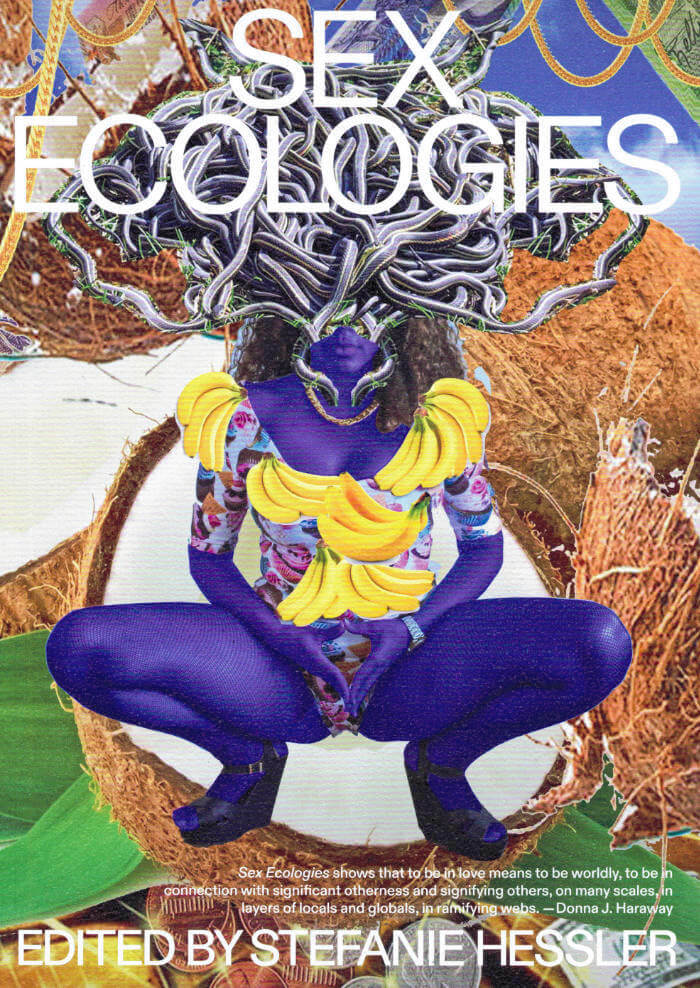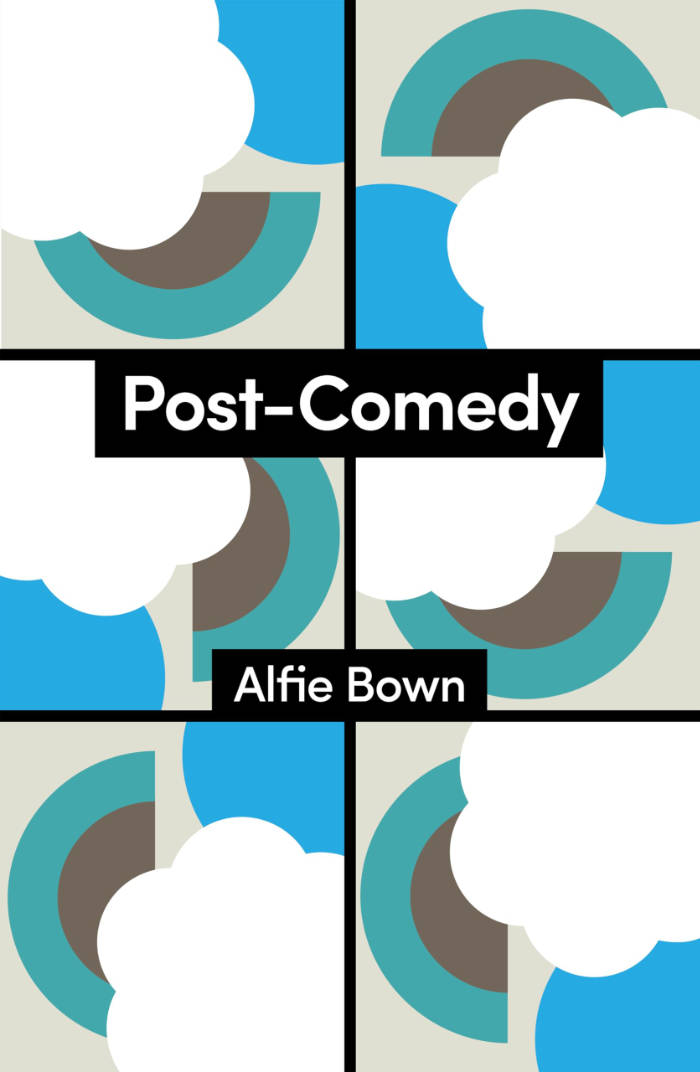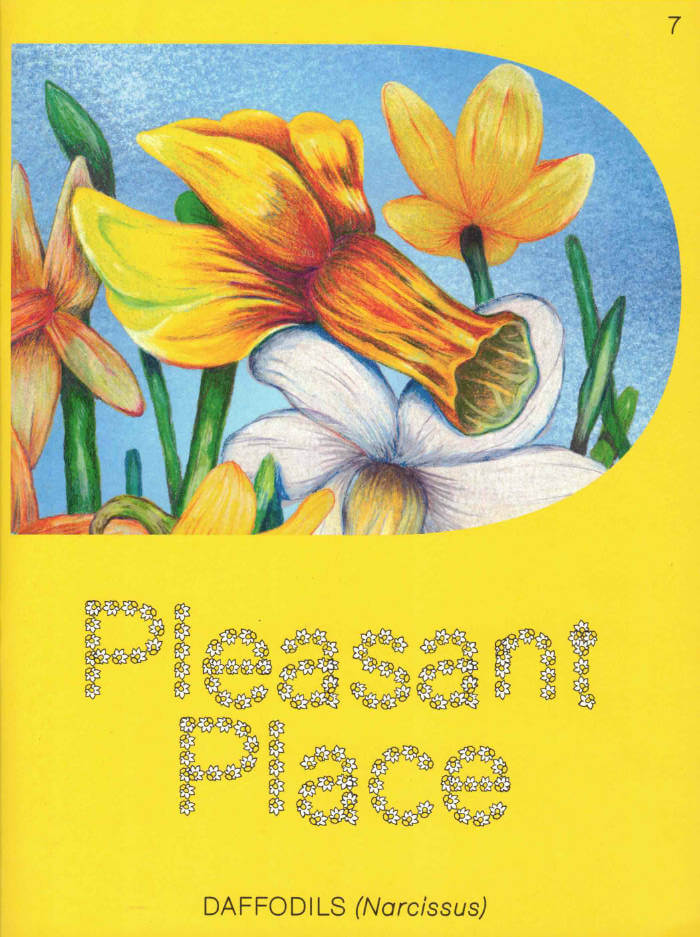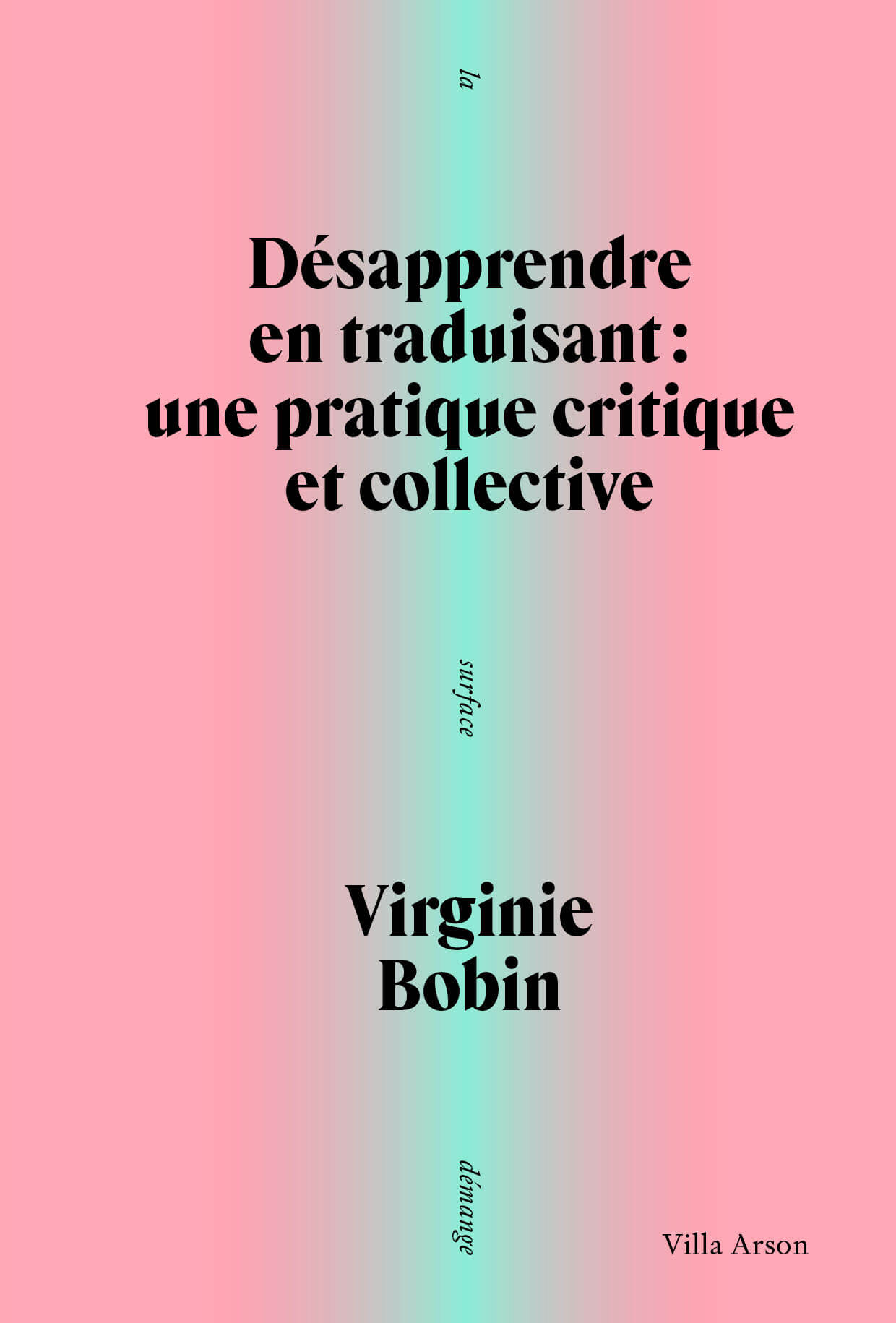
Sex Ecologies
Stefanie Hessler ed.
Sex Ecologies explores pleasure, affect, and the powers of the erotic in the human and more-than-human worlds. Arguing for the positive and constructive role of sex in ecology and art practice, these texts and artistic research projects attempt nothing short of reclaiming the sexual from Western erotophobia and heteronormative narratives of nature and reproduction. The artists and writers set out to examine queer ecology through the lens of environmental humanities, investigating the fluid boundaries between bodies (both human and nonhuman), between binary conceptions of nature as separate from culture, and between disciplines.
In newly commissioned texts from such writers as Mel Y. Chen and Jack Halberstam and a selection of influential essays—including an annotated version of Audre Lorde's “The Uses of the Erotic: The Erotic as Power”—as well as images and sketches from works in progress by a diverse group of artists, Sex Ecologiescombines insights from the fields of art, environmental humanities, ecofeminism, gender studies, science, technology, political science, and indigenous studies.
Sex Ecologies, which accompanies an exhibition of the same name at Kunsthall Trondheim, emerges from an arts-driven research project collaboratively developed between the art center and the Seed Box environmental humanities collaboratory. Conceived not as a result but as a seed arising from this transdisciplinary fertilization, the volume presents a case for the role of sex in environmental and social justice.
Contributors:
Katja Aglert,Tarsh Bates, adrienne maree brown, Mel Y. Chen, Pauline Doutreluingne, Léuli Eshrāghi, Jes Fan, Ibrahim Fazlic, Jack Halberstam, niilas helander, Stefanie Hessler, Jenny Hval, Anne Duk Hee Jordan, Jessie Kleemann, Audre Lorde, Nina Lykke, Montserrat Madariaga-Caro, Camila Marambio, Astrida Neimanis, Pedro Neves Marques, Okwui Okpokwasili, Marie Helene Pereira, Margrethe Pettersen, Laure Prouvost, Filipa Ramos, Catriona Sandilands, Sami Schalk, Serubiri Moses, Leanne Betasamosake Simpson, Annie Sprinkle and Beth Stephens, Kim TallBear, Anna Tje, Alberta Whittle, Victoria Wibeck, Elvia Wilk
Copublished with Kunsthall Trondheim (Norway) and the Seed Box (Sweden)
Language: English







